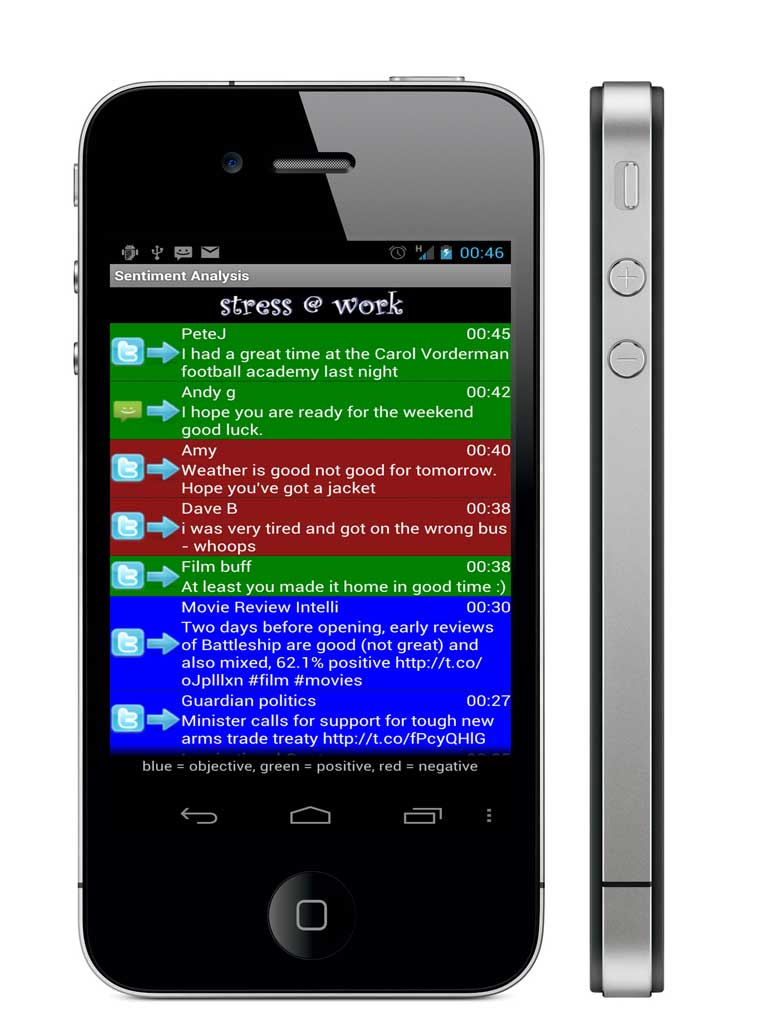Trending: The app that tells you what mood your incoming message is in (sad face)

Your support helps us to tell the story
From reproductive rights to climate change to Big Tech, The Independent is on the ground when the story is developing. Whether it's investigating the financials of Elon Musk's pro-Trump PAC or producing our latest documentary, 'The A Word', which shines a light on the American women fighting for reproductive rights, we know how important it is to parse out the facts from the messaging.
At such a critical moment in US history, we need reporters on the ground. Your donation allows us to keep sending journalists to speak to both sides of the story.
The Independent is trusted by Americans across the entire political spectrum. And unlike many other quality news outlets, we choose not to lock Americans out of our reporting and analysis with paywalls. We believe quality journalism should be available to everyone, paid for by those who can afford it.
Your support makes all the difference.The future. A beep. A disembodied voice: "You have 12 new messages, eight of which may cause you to despair at the uselessness of humanity."
The potential of smartphones to detect the emotional content of incoming texts and tweets is currently being explored by Louise Chambers and Mohamed Gaber at the University of Portsmouth's School of Computing.
Aware of the capacity of social media to cause stress and anxiety, the Masters student and her lecturer have developed an app for Android phones that automatically colour-codes new messages as green (pleasant), red (irritating) or blue (neutral).
You can assess at a glance whether the contents of your inbox are likely to cause you distress and this, say Chambers and Gaber, can help manage stress levels. You can either tackle the red messages head-on, or bury your head in the sand, depending on how you're feeling.
The app builds on research that's been done at the Eindhoven University of Technology into "sentiment analysis" of electronic messages. So, for example, "I was tired and got on the wrong bus" would be coded red, while "good luck" wishes would be green-lighted.
But can we trust an app to detect sarcasm, lazy text-speak or passive-aggressive emotion? For example, I know that I'd have difficulty assessing whether "I need to see you now" indicates lustful urges or frustrated anger – and while it's probably the latter, I wouldn't necessarily trust a phone to make those kind of assessments on my behalf.
But it's possible, as information from the web continues to overwhelm us, that we'll end up relying on these analytical tools.
So if, in the future, you get the feeling that your angrier communiqués are being ignored, there's a distinct possibility that they're just sitting in the red pile: the digital equivalent of the unopened bank statement lying on the sideboard.
Join our commenting forum
Join thought-provoking conversations, follow other Independent readers and see their replies
Comments